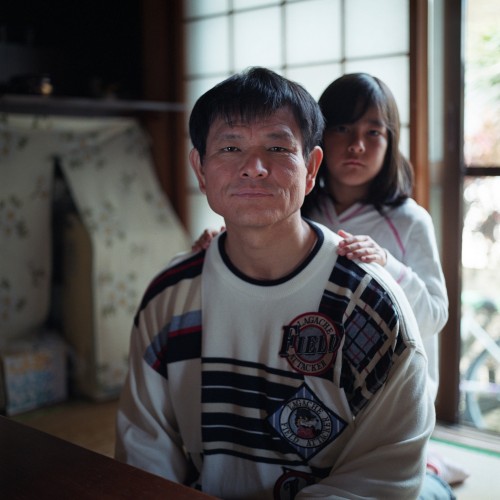You Can Listen Here: disposables276
The Sopranos got it right. In one episode Tony, the head of the Mob in Jersey, spoke with one of his ‘business associates’ about the progress on a job tearing asbestos out of an old factory. The workers were recently emigrated Poles and Lithuanians. They did not speak English. No one wore a respirator let alone hazmat suits. They tore the friable, crackling panels away from the walls with pry bars and carried them out to dump trucks by hand. If I remember correctly, Tony’s associate paid them in cash, about $100 a day. They needed the work. They needed the immediate cash. They had zero power to negotiate.
I have been thinking about human beings treated as disposable objects, as replaceable economic parts, and especially about how the poor and powerless fit into this system. By their very natures both present day Free Market Capitalism and Mercantile State Capitalism (China) systematically use up bodies and lives. The old Soviet Union did so on a gigantic scale. The ferociously Darwinian Capitalism of England and the US in their respective industrial revolutions did so. Every race, ethnic group and nationality is represented in these actions. No one is free of this. These global structures embrace all of us — is there any way to avoid this chain of cause and effect? For example, if I innocently buy a computer, I support grim factories in Shanghai where thousands labor in unforgiving conditions for poor wages*, and in disposing of my old computer, I contribute to vast dumps of rotting and polluting components in Ghana, so awful that local residents call them “Sodom and Gomorrah.”** Even “Sodom” is scavenged by the destitute.
 Let me put a face and a name to these people. Yoshitatsu Uechi, a courageous man, “a former construction worker and bus driver,” a father of four, earns $150 a day at the contaminated Fukushima Nuclear Power Plant, one of thousands of “nuclear gypsies, itinerant laborers,” most of them “people who are basically living hand-to-mouth,” … “people living on the edge” of subsistence, so desperate that they will “clean contaminated mud off worker’s boots,” and … fill “storage tanks with contaminated water” using leaky hoses. He spoke up.
Let me put a face and a name to these people. Yoshitatsu Uechi, a courageous man, “a former construction worker and bus driver,” a father of four, earns $150 a day at the contaminated Fukushima Nuclear Power Plant, one of thousands of “nuclear gypsies, itinerant laborers,” most of them “people who are basically living hand-to-mouth,” … “people living on the edge” of subsistence, so desperate that they will “clean contaminated mud off worker’s boots,” and … fill “storage tanks with contaminated water” using leaky hoses. He spoke up.
Most of the Fukushima workers have never been employed in a Nuclear Plant: “One ad for work involving radiation monitoring said, ‘you must have common sense, and be able to carry out a conversation’.” They are housed in tiny rooms in dormitories close to the plant – “the area around the dormitory is mainly deserted since many [residents] refused to move back after the accident.” They do have easy access to beer, whiskey and sake at a store run by the same corporation that sub-contracted to hire them. They are afraid to speak about the conditions under which they work for fear of losing these jobs. The primary contractor for these ‘gypsy workers’ is affiliated with [the] Yakuza, Japan’s largest organized crime group” … and a long time provider of “workers to nuclear plants.” One of those workers told the reporter for this story that “once the many levels of contractors skim off their share [of their pay], there’s not very much left for us.” #
I am unaware of any economic system in history that has not transformed flesh into a type of machine, which has not made human beings into economic beings subject only to the iron laws of production and profit. Flesh is disposable. There is always more flesh ready to step into the gears. Of course Marx understood all this, but his analysis was commandeered by Lenin, Trotsky, Stalin and Mao and resulted in the murder of tens of millions.
Is there a way to live a life less bound to these systems? Are there ways for ordinary individuals to resist the machines?